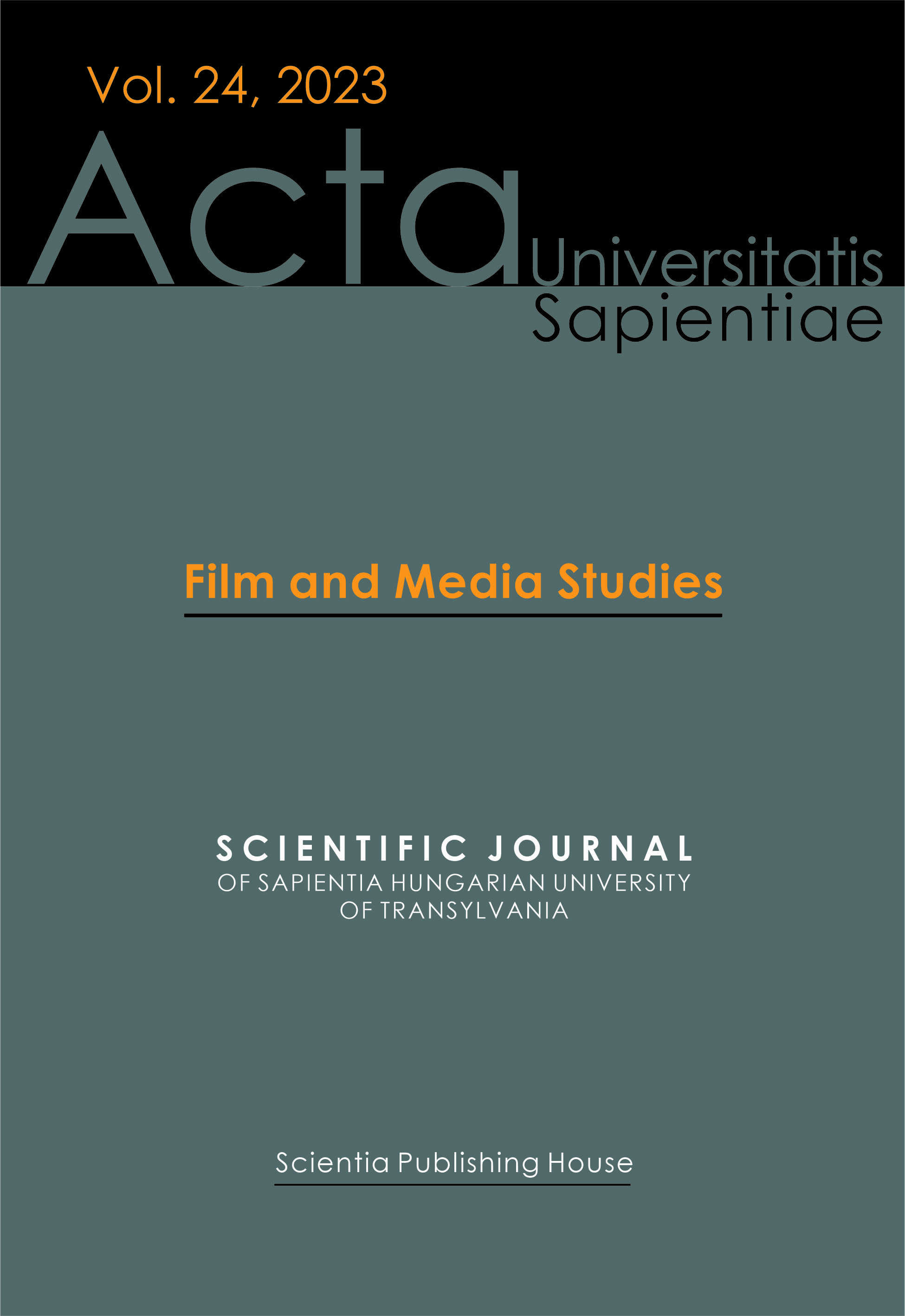Jane Austen and the Uncanny: The Colonial Past in Patricia Rozema’s Adaptation, Mansfield Park
Jane Austen and the Uncanny: The Colonial Past in Patricia Rozema’s Adaptation, Mansfield Park
Author(s): Polina RybinaSubject(s): Film / Cinema / Cinematography, British Literature
Published by: Scientia Kiadó
Keywords: film adaptation; uncanny; Jane Austen; Mansfield Park; Patricia Rozema;
Summary/Abstract: Neither Jane Austen’s writing, nor film adaptations of her novels made in the heritage film tradition seem particularly uncanny. Linked in the viewers’ minds with the representation of the English countryside stability, the films promote traditional values and take the spectators away from the problems and anxieties of the contemporary status quo. However, Patricia Rozema’s Mansfield Park (1999) uses Austen’s plot to question the colonial past by creating uncanny effects. Understood in this paper as an eerie resurfacing of the hidden (following Friedrich Wilhelm Joseph Schelling, Sigmund Freud, John Hodgkins, Barbara Creed), the uncanny becomes a tool for inquiring into how contemporary filmmakers and their audiences revisit old stories. Rozema creates two subplots for the main narrative: a story about an artist’s growth (Fanny Price becomes a writer) and a colonial narrative, which foregrounds the Bertrams’ dependence on their property in Antigua and their use of slave labour. Both plot lines enrich the film with uncanny effects linked to the inherent intermediality of film adaptations. Grotesquely frightening verbal images from Fanny’s writing (extracts from Austen’s Juvenilia) and the uncanny visuality of Tom Bertram’s drawings frame the viewer’s revisitation of Mansfield Park while reminding him/her of a subversive potential – of the uncanny and film adaptations.
Journal: Acta Universitatis Sapientiae, Film and Media Studies
- Issue Year: 2023
- Issue No: 24
- Page Range: 156-169
- Page Count: 14
- Language: English

